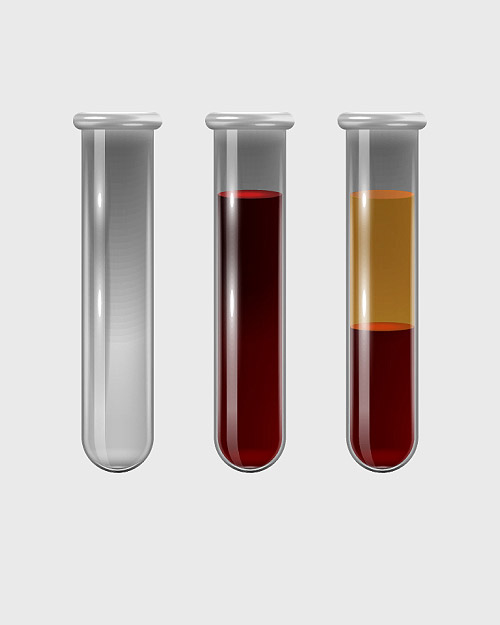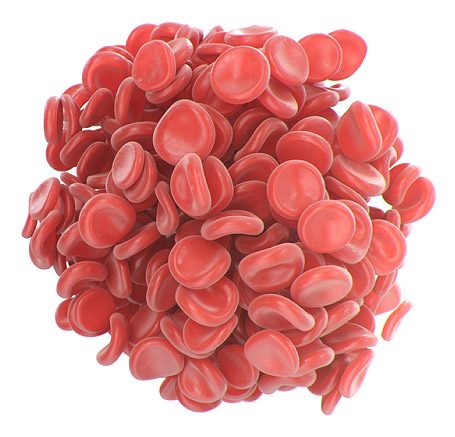Home > Treatments > Platelet Rich Plasma

Platelet rich plasma therapy (PRP) is the re-administration of your own platelets to activate the body’s natural healing cascade for repair and regeneration. PRP has been successfully used for the management of several musculoskeletal conditions such as ligamentous tear, joint inflammatory disorders, torn tendons and muscular ailments.

Platelet Rich Plasma is prepared by centrifuging a small amount of a patient’s blood to obtain a platelet-rich sample. The platelets are activated and then injected under ultrasound or X-ray guidance. In most cases, the treatment can be completed in one session.
More than one course of PRP may be required and can be safely performed depending upon the response to the therapy and clinical indications.
The injection of your own platelets causes a local inflammatory reaction, releasing growth factors that stimulate healing and muscle regeneration, and limit the amount of scar tissue. PRP is also often used as part of cellular orthobiologic treatment.
As part of a cell-based treatment, regenerative cells can be collected from bone marrow and blood with minimal discomfort. These cells can then be processed in a state-of-the-art laboratory utilizing the latest technology. Finally, the regenerative cells, in combination with natural growth and healing factors, can be injected where they are needed – such as an inflamed hip or knee joint. Over time, the cells can potentially repair and regenerate the damaged tissues, resulting in relief of pain and improvement in mobility and function.
The aftercare for most PRP injections is relatively simple. Patients resume activity at their own pace. The pain from the process typically will last a few days and sometimes rarely longer. Because your own blood is used, there is no risk of a transmittable infection and a very low risk of allergic reaction to the treatment.

600 Worcester Rd, Ste 301,
Framingham, MA 01702
This information is for educational purposes only and is NOT intended to replace the care or advice given by your physician. Always seek the advice of your physician or other qualified health provider before starting any new treatment or with any questions you may have regarding a medical condition. For more information see our Medical Disclaimer.